Home>Renovation & DIY>Home Renovation Guides>How To Write Off Home Renovations


Home Renovation Guides
How To Write Off Home Renovations
Published: December 21, 2023
Learn how to effectively write off home renovations with our comprehensive home renovation guides. Maximize your tax benefits and save money on your next renovation project.
(Many of the links in this article redirect to a specific reviewed product. Your purchase of these products through affiliate links helps to generate commission for Storables.com, at no extra cost. Learn more)
Introduction
Welcome to the exciting world of home renovations! Whether you’re sprucing up your living space for personal enjoyment or preparing to sell your property, renovating your home can be a fulfilling and rewarding endeavor. However, did you know that some of the expenses associated with home renovations may be tax-deductible?
In this comprehensive guide, we will explore the ins and outs of writing off home renovations. From understanding tax deductions for home renovations to documenting expenses and claiming deductions, we’ll cover everything you need to know to navigate the tax implications of your home improvement projects. Additionally, we’ll delve into special considerations for home office renovations, shedding light on how you can leverage tax benefits in this specific context.
So, if you’re curious about the potential tax advantages of your home renovation endeavors, buckle up and get ready to embark on an enlightening journey through the world of tax deductions and home improvements!
Key Takeaways:
- Renovating your home can potentially lead to tax deductions if the improvements increase your home’s value. Keep detailed records and consult a tax professional to maximize your benefits.
- When transforming part of your home into a home office, certain renovations may qualify for tax deductions. Keep thorough documentation and seek guidance to ensure you capitalize on available tax advantages.
Read more: How To Get Writing Off Glass
Understanding Tax Deductions for Home Renovations
Before delving into the nitty-gritty of tax deductions for home renovations, it’s crucial to grasp the fundamental principles underlying this financial perk. In essence, the Internal Revenue Service (IRS) allows homeowners to deduct certain home renovation expenses under specific circumstances.
The key criterion for determining the tax-deductibility of home renovation costs revolves around the concept of “improving your home’s value.” In other words, if the renovations enhance the value of your home, they may qualify for tax deductions. This typically applies to renovations that contribute to the longevity, efficiency, or aesthetic appeal of your property.
It’s important to note that routine repairs and maintenance, such as fixing a leaky faucet or repainting a room, do not usually qualify for tax deductions. These tasks are considered part of the ongoing upkeep of your home rather than substantial improvements that increase its value.
Moreover, the IRS stipulates that the renovation expenses must be incurred on your primary residence to be eligible for tax deductions. Expenses related to renovations on vacation homes or rental properties may be subject to different tax regulations and limitations.
As you navigate the realm of tax deductions for home renovations, it’s advisable to consult with a qualified tax professional or accountant to ensure that you fully comprehend the intricacies of the tax code and can maximize the benefits available to you.
Documenting Home Renovation Expenses
When it comes to claiming tax deductions for home renovation expenses, meticulous documentation is paramount. The IRS places a strong emphasis on the importance of maintaining thorough records to substantiate your renovation costs and support your deduction claims.
First and foremost, it’s essential to retain all receipts, invoices, and payment records related to your home renovations. This includes materials, labor, equipment rentals, and any other expenses directly associated with the renovation project. Organizing these documents in a systematic manner will facilitate the process of substantiating your deductions when the time comes to file your taxes.
Additionally, if you engage the services of contractors, architects, or other professionals for your home renovations, it’s advisable to keep detailed records of the agreements, contracts, and payments made to these individuals or companies. These records serve as valuable evidence of the expenses incurred and the scope of the renovation work performed.
Furthermore, maintaining before-and-after photographs of the renovation areas can be immensely beneficial. Visual documentation provides tangible evidence of the improvements made to your home, reinforcing the validity of your deduction claims.
For larger-scale renovation projects, such as room additions or significant structural modifications, retaining architectural plans, building permits, and inspection reports can bolster your case for claiming deductions. These documents substantiate the substantive nature of the renovations and demonstrate compliance with local building codes and regulations.
By diligently documenting your home renovation expenses and keeping comprehensive records, you not only establish a solid foundation for claiming tax deductions but also create a clear trail of evidence to support the legitimacy of your renovation endeavors.
Keep detailed records of all home renovations and improvements, including receipts and invoices. You may be able to deduct these expenses when you sell your home. Always consult with a tax professional for specific advice.
Claiming Home Renovation Deductions
As you embark on the journey of claiming tax deductions for your home renovations, it’s essential to understand the process and requirements involved in this endeavor. When filing your taxes, you can potentially leverage the expenses incurred during your home improvement projects to reduce your taxable income and, consequently, your tax liability.
One of the primary avenues for claiming home renovation deductions is through itemizing your deductions on Schedule A of your tax return. By itemizing, you can account for a range of eligible expenses, including those related to home renovations, rather than opting for the standard deduction.
When itemizing your deductions, you can include various renovation costs, such as those associated with enhancing the structural integrity of your home, installing energy-efficient systems, or making modifications to accommodate medical conditions. However, it’s important to adhere to the IRS guidelines and consult with a tax professional to ensure that your deductions align with the applicable tax regulations.
It’s worth noting that claiming home renovation deductions may necessitate meeting certain criteria, such as the “2% rule.” This rule stipulates that certain expenses, including home renovation costs, are deductible only to the extent that they exceed 2% of your adjusted gross income (AGI).
Furthermore, if you financed your home renovations through a loan or line of credit, the interest paid on the borrowed funds might also be eligible for deduction under certain circumstances. Understanding the nuances of deducting loan interest and the associated eligibility criteria is crucial to optimizing your tax benefits.
Given the complexity of tax laws and the evolving nature of tax regulations, seeking guidance from a knowledgeable tax advisor or accountant can be immensely beneficial. A tax professional can provide tailored advice, ensure compliance with tax laws, and help you navigate the intricacies of claiming home renovation deductions with confidence.
Special Considerations for Home Office Renovations
With the rise of remote work and the increasing prevalence of home-based businesses, many individuals are transforming spaces within their homes into dedicated offices. If you’re contemplating renovating a portion of your home to serve as a home office, there are specific tax considerations and potential deductions that warrant your attention.
When renovating a space to function as a home office, it’s crucial to distinguish between improvements that solely benefit the office area and those that have a dual purpose, enhancing both the office and the overall property. Renovations that exclusively benefit the home office, such as installing built-in shelving, upgrading lighting fixtures, or enhancing technological infrastructure, may qualify for tax deductions.
Moreover, if the home office is used exclusively and regularly for conducting business, you may be eligible to claim deductions for a portion of your home renovation expenses as business expenses. This can encompass a proportionate share of costs related to utilities, maintenance, and depreciation of the renovated space, in addition to the direct renovation expenses.
It’s important to maintain accurate records and documentation to support your claims for home office renovation deductions. Detailed records of the renovation expenses, floor plans delineating the office area, and evidence of the exclusive business use of the space are instrumental in substantiating your deductions.
Additionally, if you opt to claim the home office deduction, it’s essential to comply with the IRS guidelines regarding the eligibility criteria and the specific requirements for qualifying a space as a home office. Understanding the nuances of the tax regulations pertaining to home office deductions can empower you to maximize the tax benefits associated with your home office renovations.
Given the intricacies involved in claiming deductions for home office renovations, seeking guidance from a tax professional who specializes in small business taxation or self-employment can provide invaluable insights and ensure that you capitalize on the available tax advantages while adhering to the requisite compliance standards.
Read more: How To Write A Blog On Home Improvement
Conclusion
Congratulations! You’ve now gained a comprehensive understanding of the tax implications associated with home renovations and the potential opportunities for tax deductions. By familiarizing yourself with the intricacies of claiming deductions for home renovations, you can leverage this knowledge to optimize your tax benefits and make informed decisions as you embark on your home improvement endeavors.
Remember, the key to maximizing your tax deductions for home renovations lies in meticulous documentation, adherence to IRS guidelines, and, when necessary, seeking professional guidance to navigate the complexities of tax laws. Whether you’re renovating your primary residence, enhancing a home office, or making energy-efficient upgrades, being well-informed about the tax implications empowers you to make strategic choices that align with your financial goals.
As you embark on your renovation journey, keep in mind that the tax landscape is subject to change, and staying abreast of updates to tax laws and regulations is crucial. By remaining proactive and seeking expert advice when needed, you can ensure that you capitalize on the available tax deductions while maintaining compliance with the prevailing tax codes.
So, as you roll up your sleeves and dive into your home improvement projects, take comfort in the knowledge that your efforts may not only enhance your living space but also yield potential tax benefits. Armed with the insights from this guide, you’re well-equipped to navigate the intersection of home renovations and tax deductions with confidence and savvy financial acumen.
Frequently Asked Questions about How To Write Off Home Renovations
Was this page helpful?
At Storables.com, we guarantee accurate and reliable information. Our content, validated by Expert Board Contributors, is crafted following stringent Editorial Policies. We're committed to providing you with well-researched, expert-backed insights for all your informational needs.

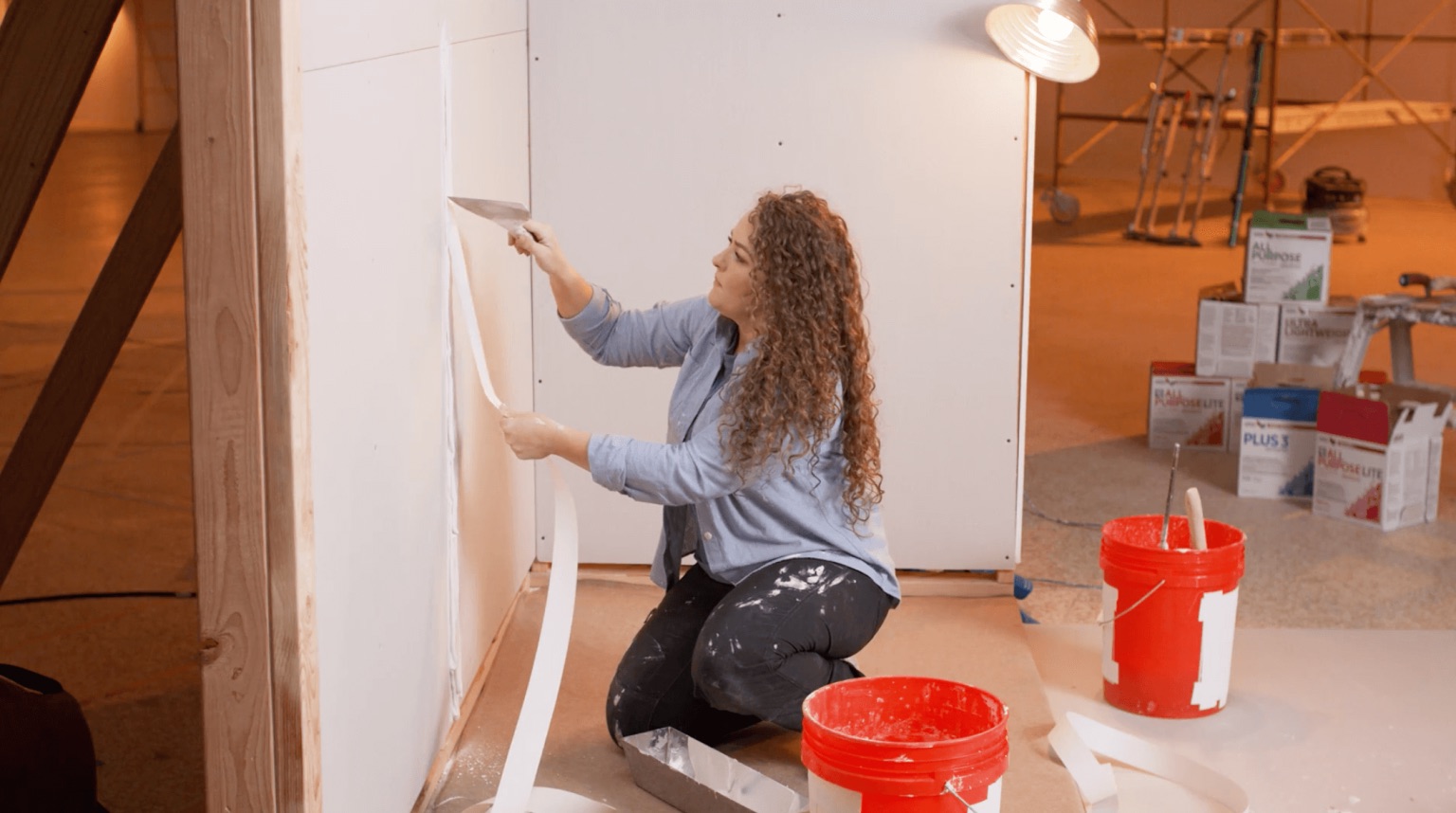
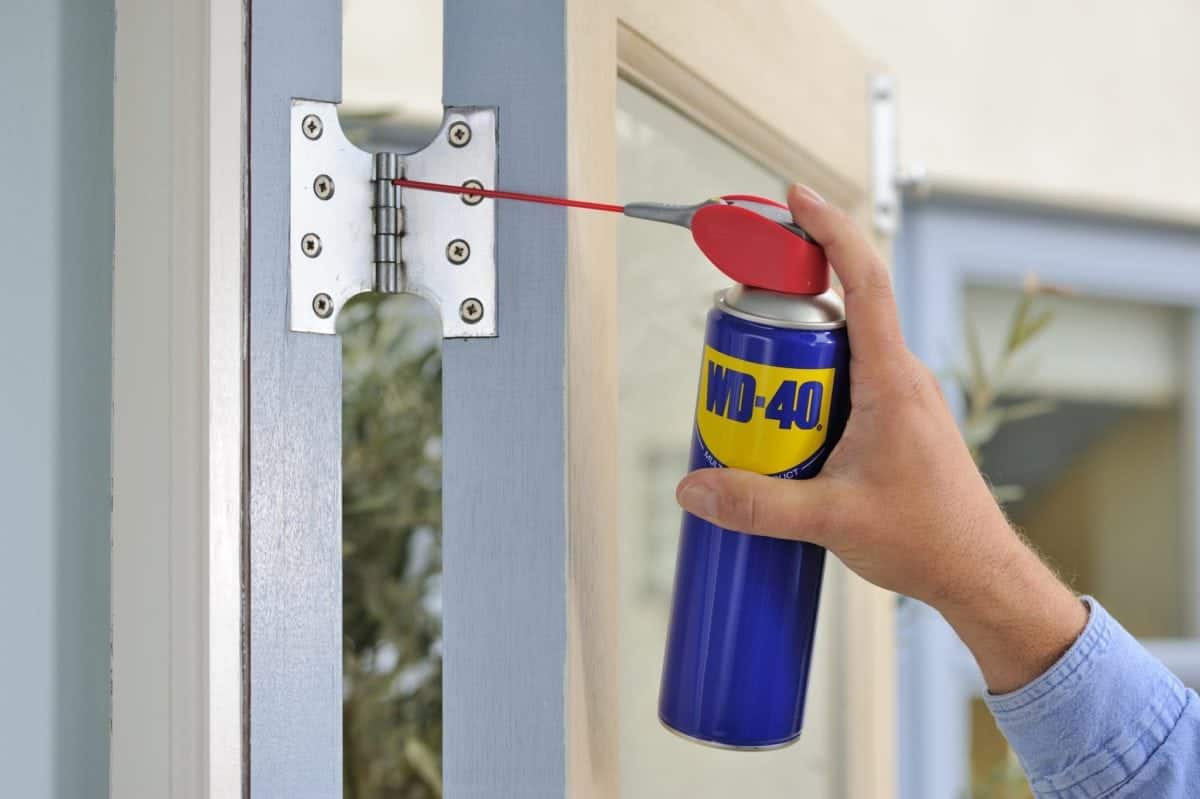
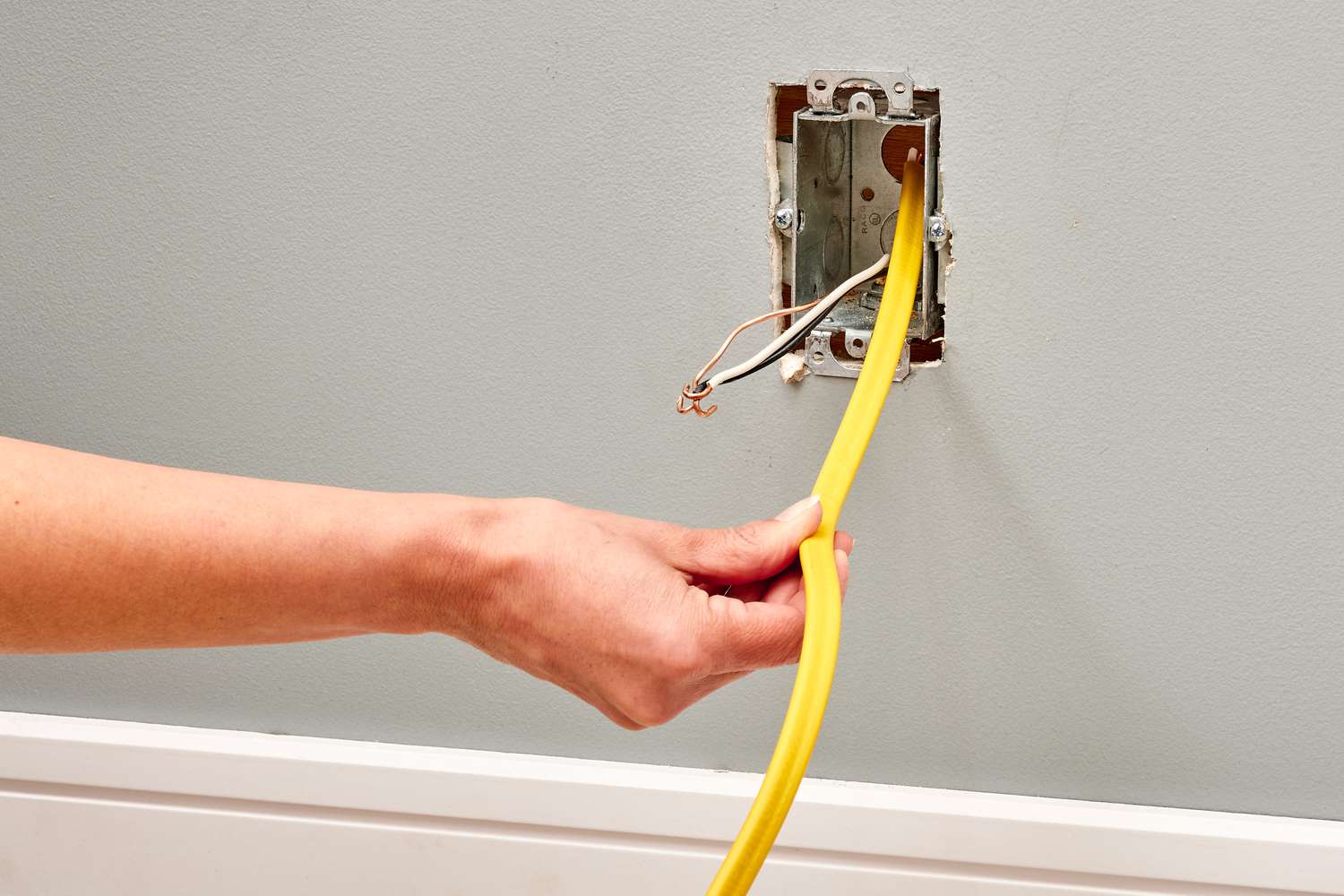

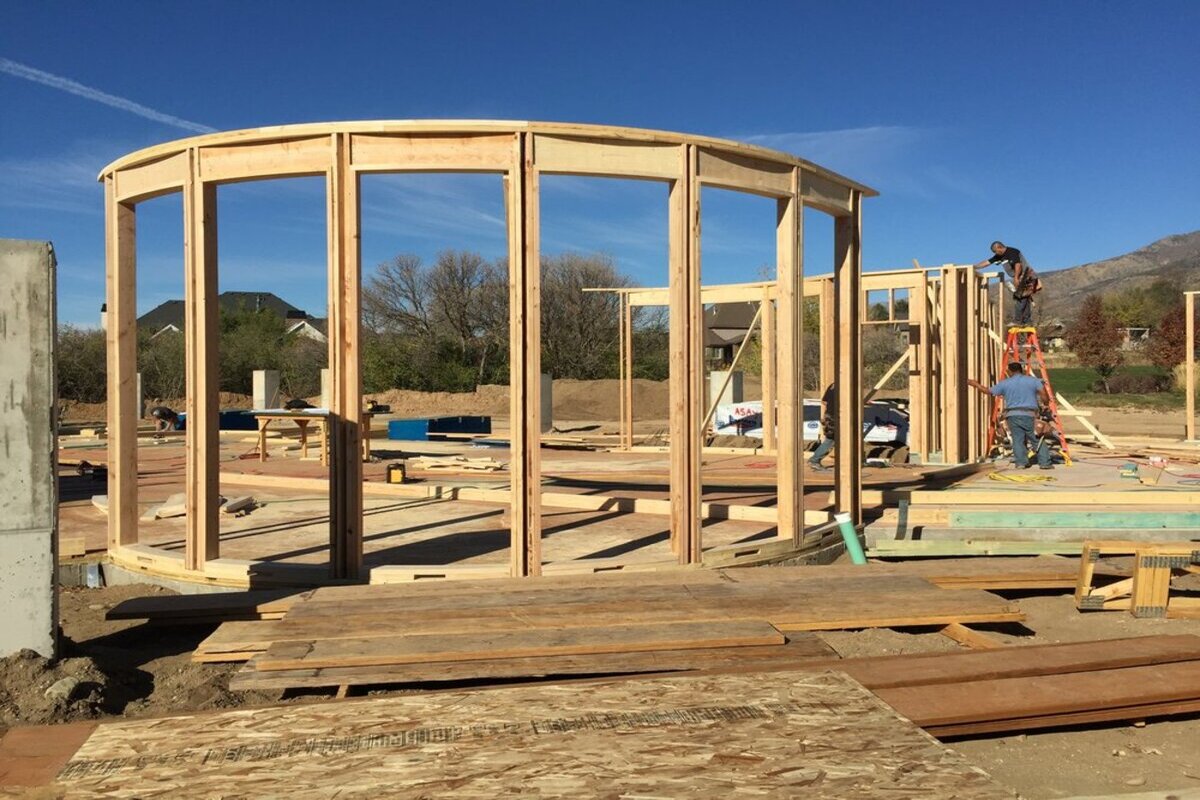
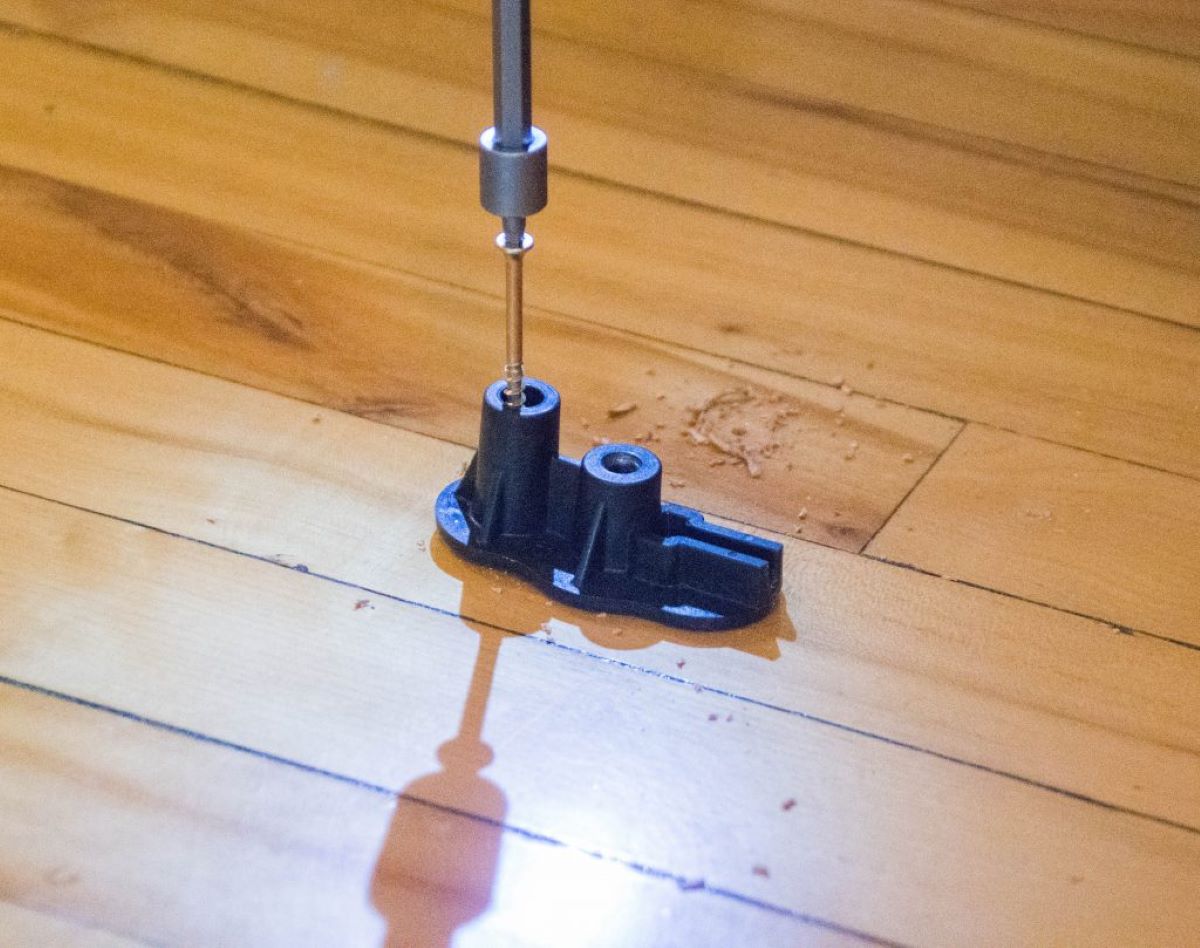
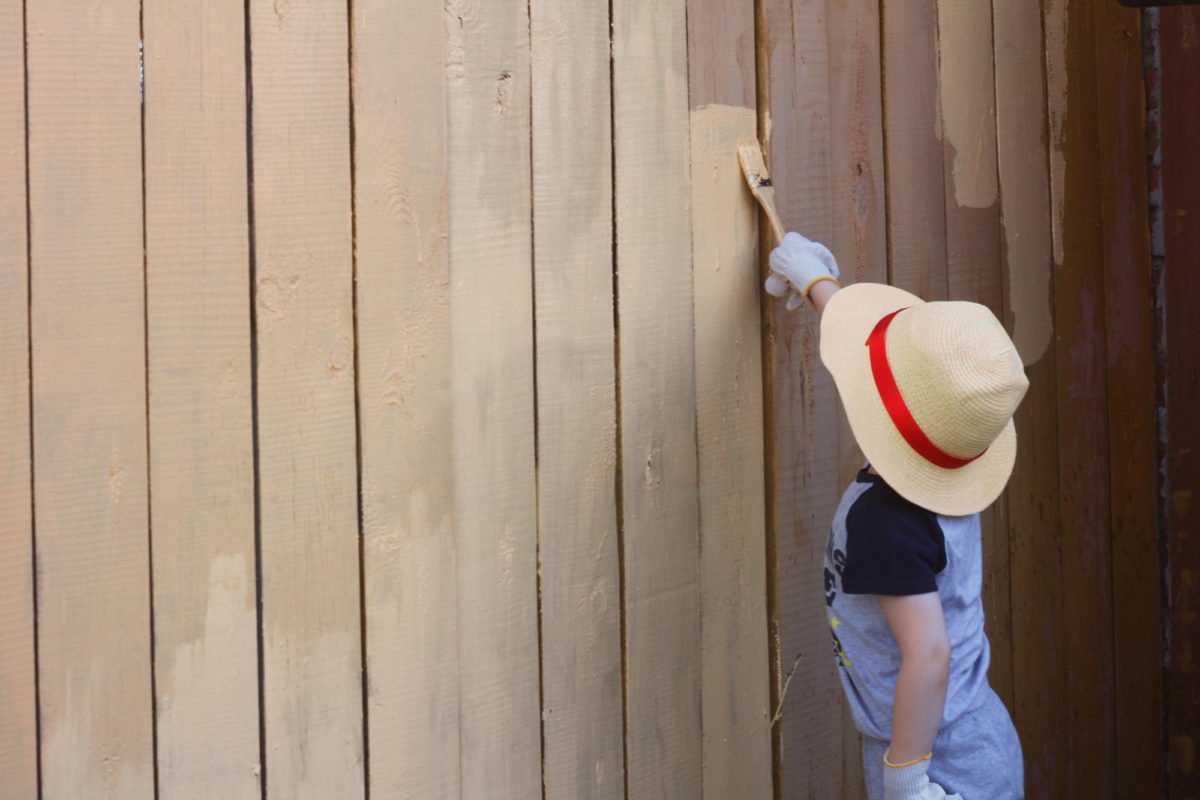

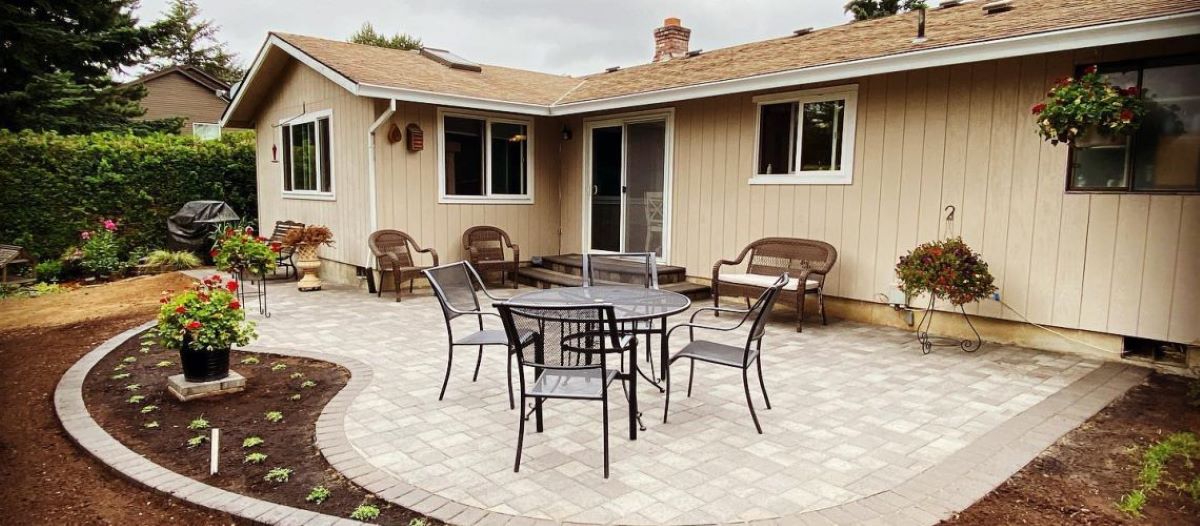
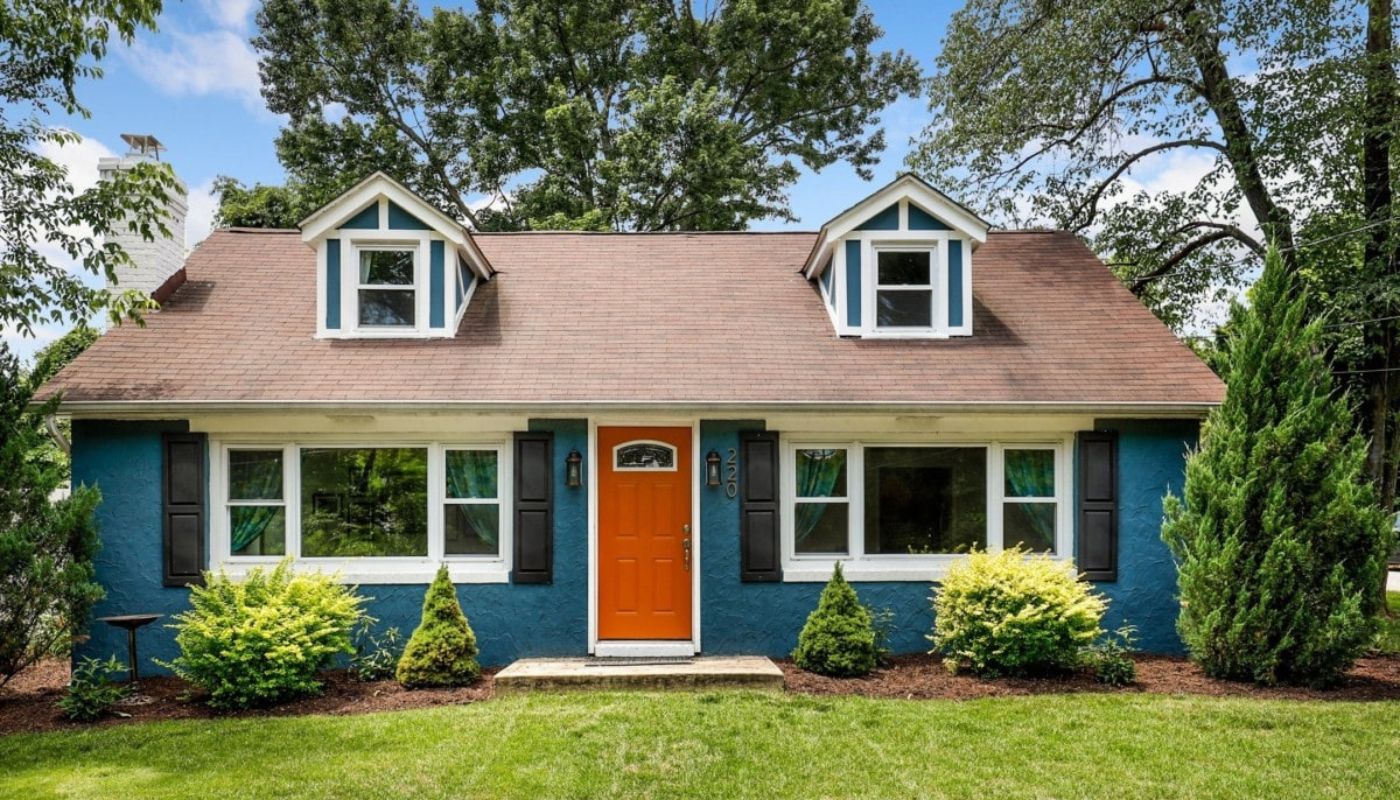
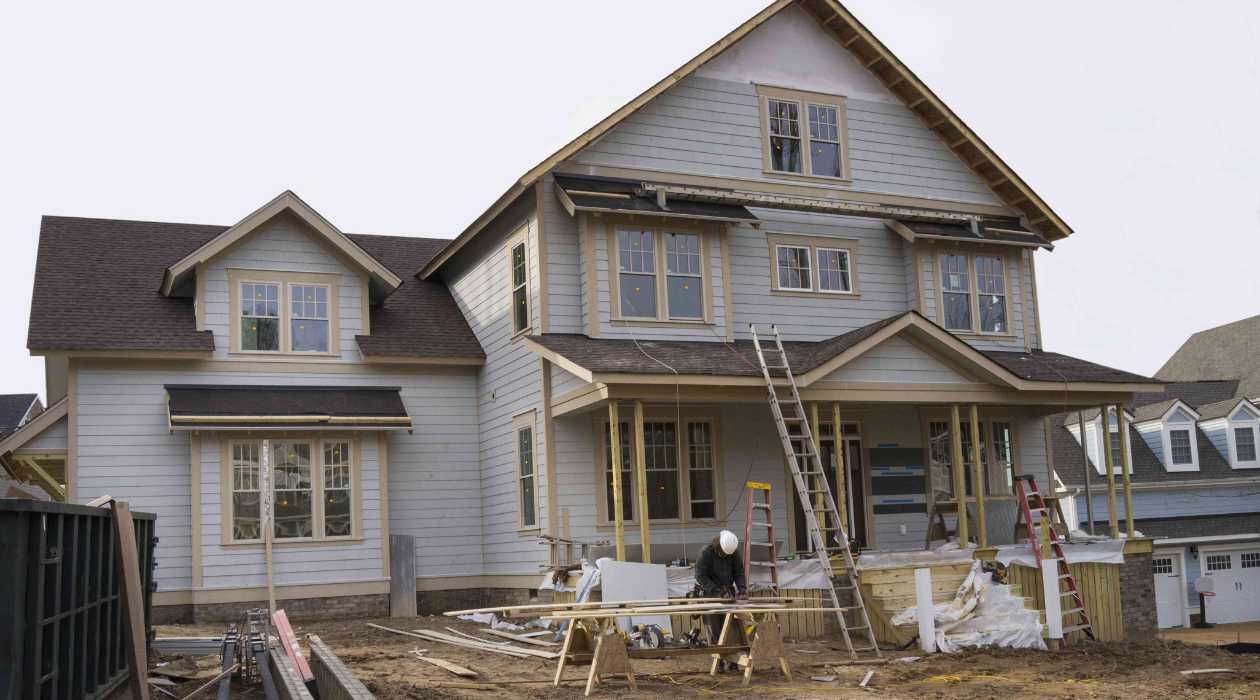

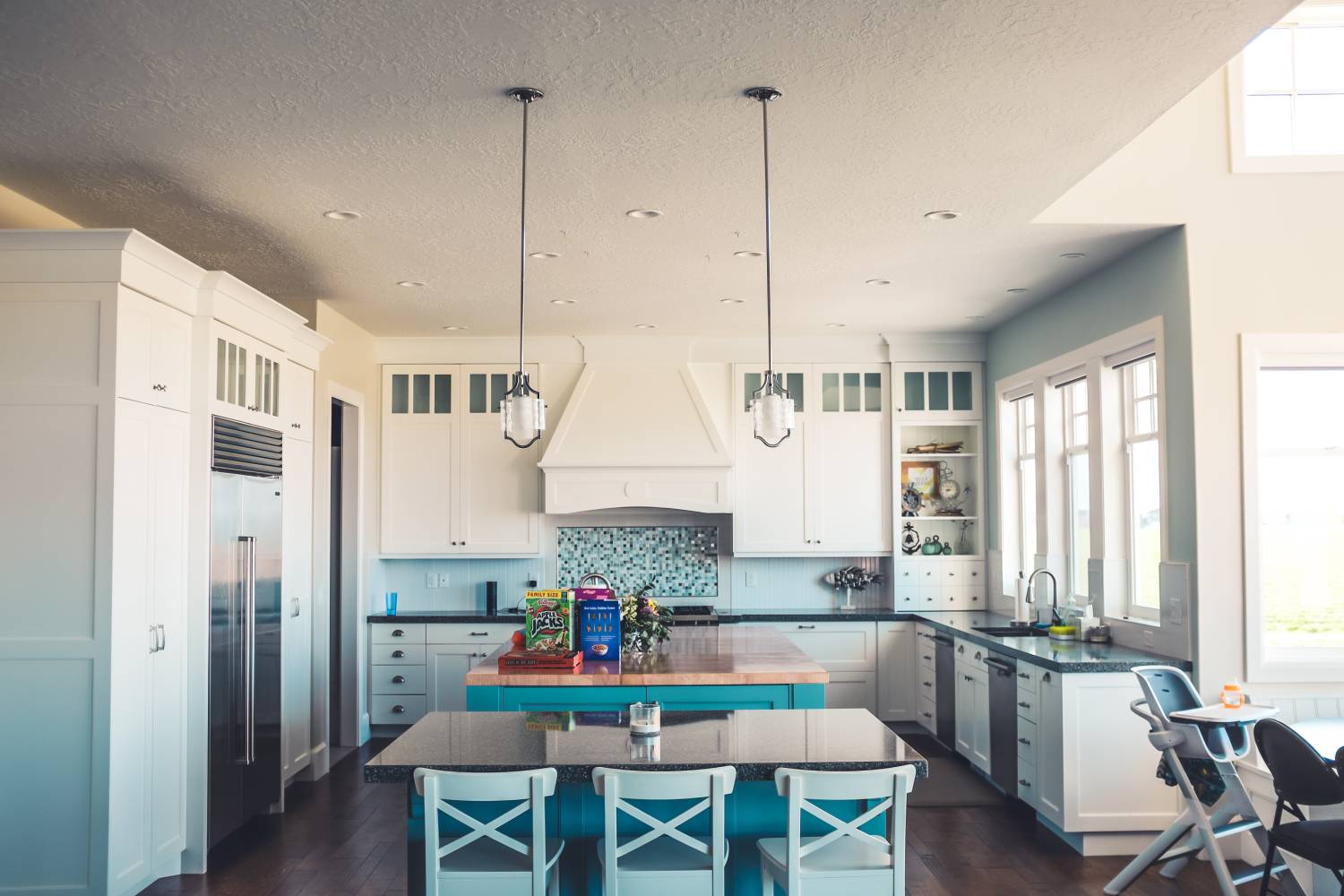

0 thoughts on “How To Write Off Home Renovations”